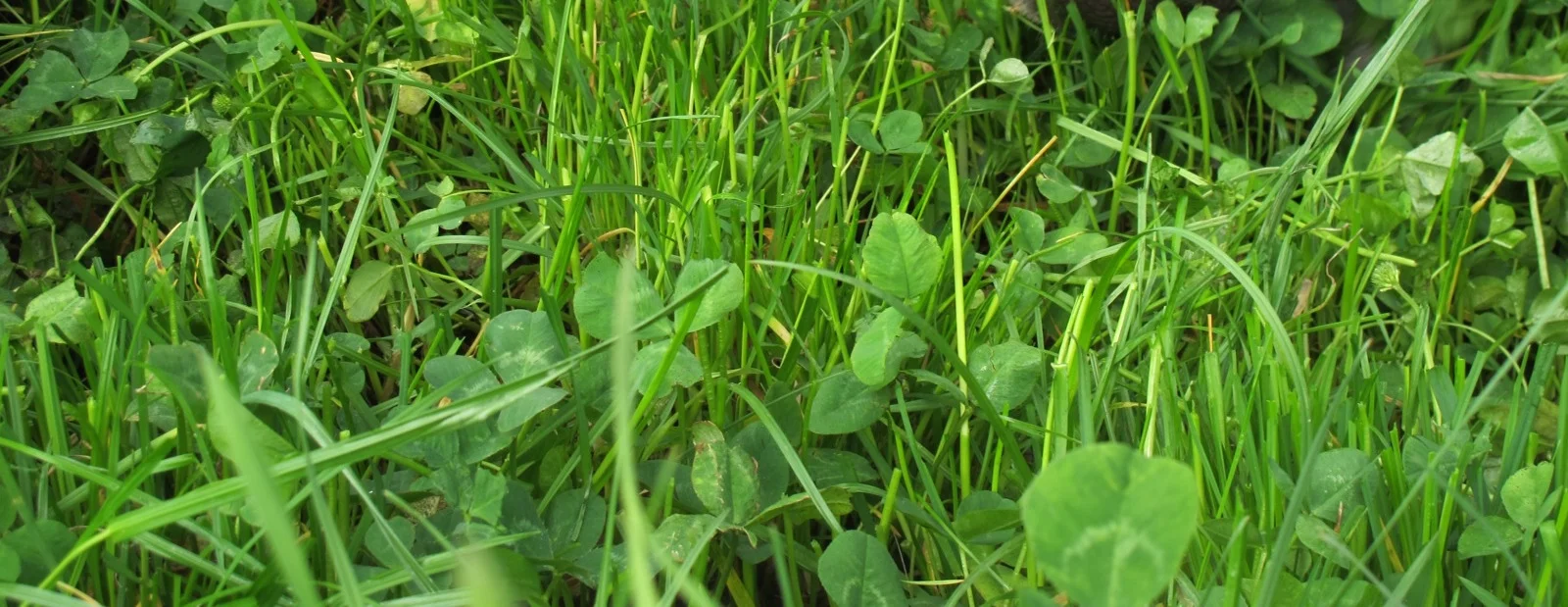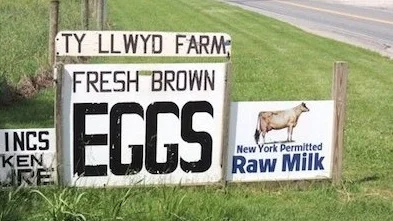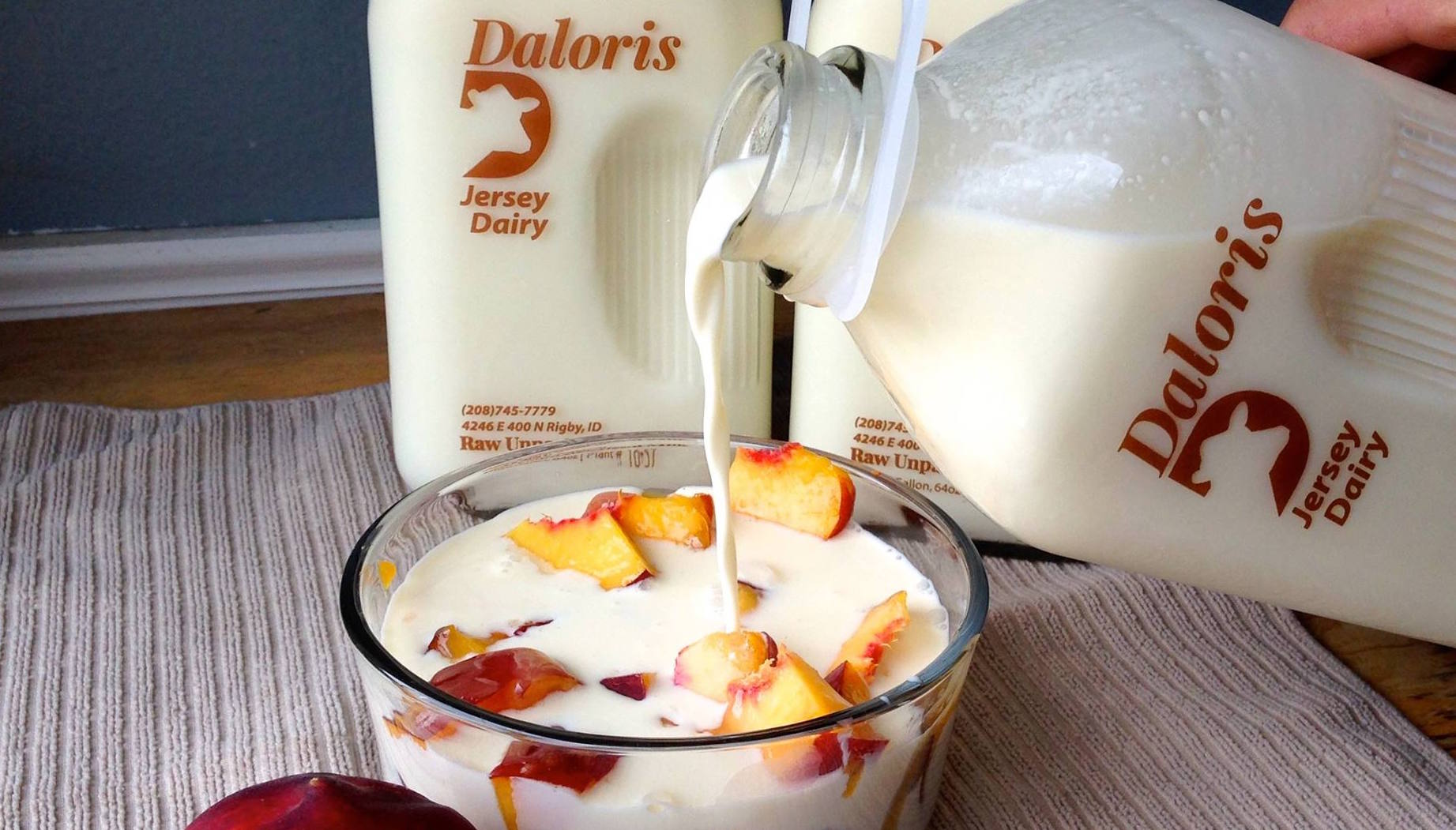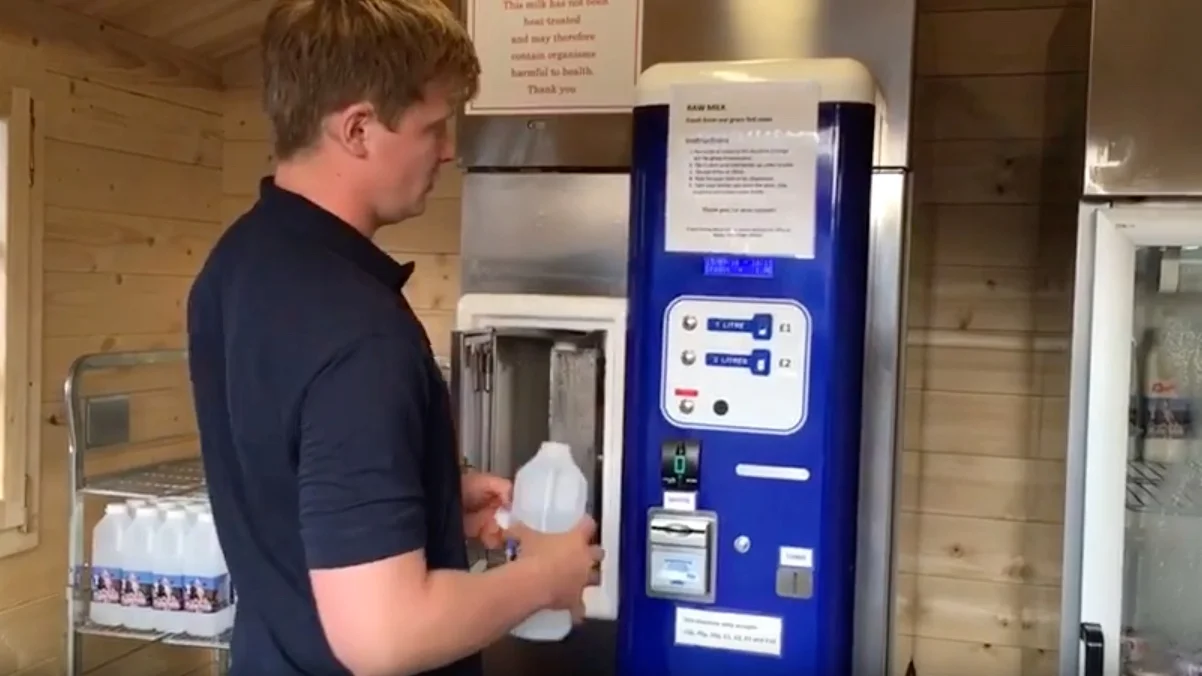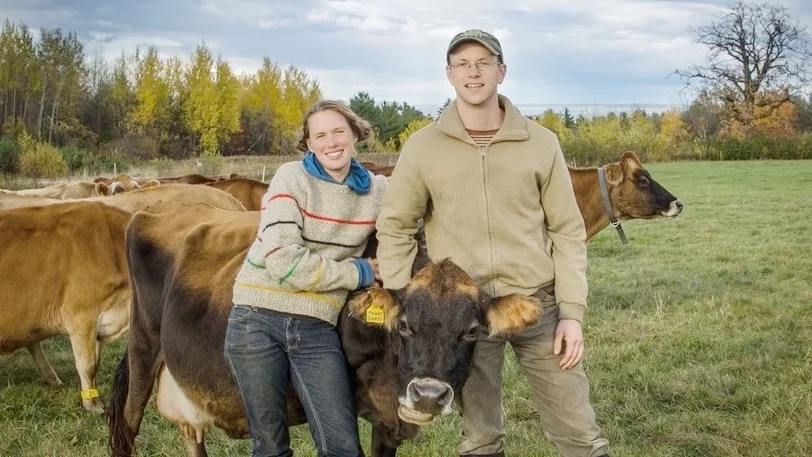Image: source
Adam Duguid and his family from Home Farm Dairy have opened the first raw milk vending machine in Lincolnshire county, United Kingdom.
AM Duguid and Son Farm in Bishop Norton near Market Rasen started selling the raw milk from their herd of 400 cows in September 2017. The family have been in dairy farming for almost 60 years and in the interviews below Adam assures consumers the milk is safe to drink. They are now licensed by Food Standards Agency to produce the raw milk and sell it directly to the consumer. In a regulated raw milk system milk goes through stringent checks and farmers have to have proper procedures in place.
"I've grown up on raw milk. I've drunk it all my life and so have my children. I'm very convinced about the health benefits of doing so."
The Raw Milk Controversy
In many farming communities it is commonly accepted that raw milk is a beneficial food. Even research show that farmers and their children enjoy protection from asthma and allergies due to raw milk consumption. However, it is a different story with people who live in the city.
Dairy farmers benefit because they tend to drink their own raw milk, but consumers living in the city are often removed from a source of abundant, beneficial microbes.
Exploring Risk (again)
The reason why authorities warn consumers about raw milk is because it may potentially contain pathogens. Pathogens are microbes that may be harmful to human health (source). When raw milk production is subjected to strict quality and hygiene controls it is highly unlikely to contain pathogens. Evidence gathered in the UK by the Food Standards Agency show raw milk is a low risk food. Even the American FDA concluded last year that raw milk cheese is no more dangerous than other foods. There are many other foods that commonly contain pathogens and they are not targeted for perfection like raw milk is.
Another reason is that some members of society
have become so immune compromised, due to a variety of reasons that authorities feel they cannot recommend it for people in certain vulnerable groups.
Research show raw milk has a beneficial effect on healthy people. It is a confusing situation because how are consumers to enjoy the immune system building benefits of raw milk when authorities advise against it? See the article Gut Microbiota and the Immune Compromised for solutions suggested by experts.
Another problem is that many consumers live their lives removed from the farm and have no opportunity to learn what raw milk really is...
"Farmers are great at producing food, but maybe not so great at engaging with the final consumers of that food."
The divide
There is a divide between food producers, bureaucrats, scientists and consumers that is begging to be healed. Social media shows a variety of opinions on dairy farming and a fair amount of misunderstanding and different interpretation.
Recently two local Lincolnshire radio stations interviewed dairy farmer Adam Duguid about his family's raw milk venture. Adam confirms the need for farmers to open up more to consumers. He says it is not surprising that a lot of kids don't understand where milk comes from or how it is produced; it is partly the farmer's fault because they don't have many consumers on the farm in order to explained it to them. There are a lot of myths and stories about milk production on social media that Adam feels are not true.
Audio: Sean Dunderdale spoke with Adam in this 17 Sep 2017 interview below (source)
Change bridges the divide
Dairy farmers who convert to producing raw milk for human consumption eventually realise that they have to learn to do things differently. They have to make their farms 'public friendly'. They have to allow people to interact by touching animals and experiencing farm life. They have to be present in people's lives physically to answer questions and by engaging on social media.
In the last few decades there was no need for most dairy farmers to receive members of the public on their farms because farmers were supplying milk to processors. Many dairy farmers lived their lives being looked after by an industry. It suited some. However in recent years the climate and culture in the dairy industry called for transformation. This reintegration process has had its challenges because there has been some alienation.
Now rules allowing the production of raw milk for human consumption enables farmers to connect directly with the consumer and diversify with a valuable product. Listen to the interviews below:
Strong, opposing views about raw milk safety
Scott Dalton from BBC Lincolnshire recently asked two opposing sides if they would drink raw milk. The local radio station's crew were very excited about the new raw milk vending machine venture.
Health benefits for the long time raw milk drinker
In the interview below dairy farmer Adam Duguid explained that he has been drinking raw milk for the last 40 years and has no problem with it. He said that we need the good bacteria to stimulate our immune systems and if you drink it over a course of time there is a lot of evidence to show it is really beneficial for your general health. The Food Standards Agency ensure that farmers have proper procedures in place to make sure the milk is not dangerous to health. Adam said that in the balance of risk and if it is done properly, it is enormously beneficial. The raw milk that Adam produce has different requirements than raw milk produced with the intention to be pasteurised.
Warnings for newcomers to raw milk
Scott also talked to Tony Lewis, Head of Policy at The Chartered Institute of Environmental Health. Tony said that he and his colleagues are fully in alignment with the FSA about the recommendation that if you are very young, old or your health is compromised in any way, then you should not consume raw milk. He also said that having a history of drinking raw milk probably means that you've built up an immunity in your own system to some of the bacteria and some of the pathogens it can contain. However, he says that for the rest of us who have been drinking pasteurised milk, drinking raw milk poses an unacceptable health risk. Listen to the interview below.
Audio: Scott Dalton from BBC Lincolnshire speaks to dairy farmer Adam Duguid about the farm's raw milk and vending machine. Scott also speaks with Tony Lewis, Head of Policy at The Chartered Institute of Environmental Health. It also contains discussions about tuberculosis and other checks and balances. 17 Aug 2017 (source)
Image: the shed with the Milkbot supplying raw milk directly from the farm gate.
UK controls on raw milk and cream:
See the UK requirements for raw milk and cream - Food Standards Agency for more information on raw milk legislation and how it was developed. For more information on the hygiene standards required to conform with legislation see the FSA's Milk Hygiene on the dairy farm guide. For more information about the FSA's warning to vulnerable groups of people click here. Also see Registering to sell Raw Drinking Milk (RDM) What you should know.
Health warning labelling:
According to this Food Standards Agency webpage Raw Drinking Milk must be labelled on the container or a notice must be displayed at the farm catering establishment stating:
'This milk has not been heat treated and may therefore contain organisms harmful to health.'
Additional wording for Wales:
'The Food Standards Agency strongly advises that it should not be consumed by children, pregnant women, older people or those who are unwell or have chronic illness.'
The FSA is now reconsidering the labelling, see point 16 - 18 on this document.
Terravesta's Alex Robinson picking up his freshly poured bottle of #rawmilk from AM Duguid & Son. #localproduce #Lincolnshire #milkbot pic.twitter.com/f9qAbUNj3w
— Terravesta (@Terravesta) October 20, 2017
In conclusion
It is understandable that many authorities want to protect immune compromised people from the perceived risks of consuming raw milk produced for human consumption. However it is not fair to deprive healthy people from a great source of beneficial microbes that may help their immune systems stay strong.
Evidence coming out of the UK suggest that the FSA has done a fair job installing fair and appropriate measures to respect consumer choice and protect public health at the same time. An agency representative, Nina Purcell recognises that there are still some niggling points with the system (source), but it is being looked at.
Install a similar, regulated raw milk system in Australia. Please be fair and let it be a system that benefit both consumers and producers.
Related Articles:
That's right - Lincolnshire is about to get its very own raw milk vending machine
Raw milk vending machine to arrive in Lincolnshire
BBC Lincolnshire's Scott Dalton talks about raw milk
AM Duguid & Son - Raw milk Supplier
UK requirements for raw milk and cream - Food Standards Agency
Raw milk and drinking cream - Food Standards Agency
Country bugs are good for your health
A photo of an elderly lady buying raw milk at Melktap Weleveld in The Netherlands
Lincs FM Farming Program 21 April 2019 interview with Adam Duguid
